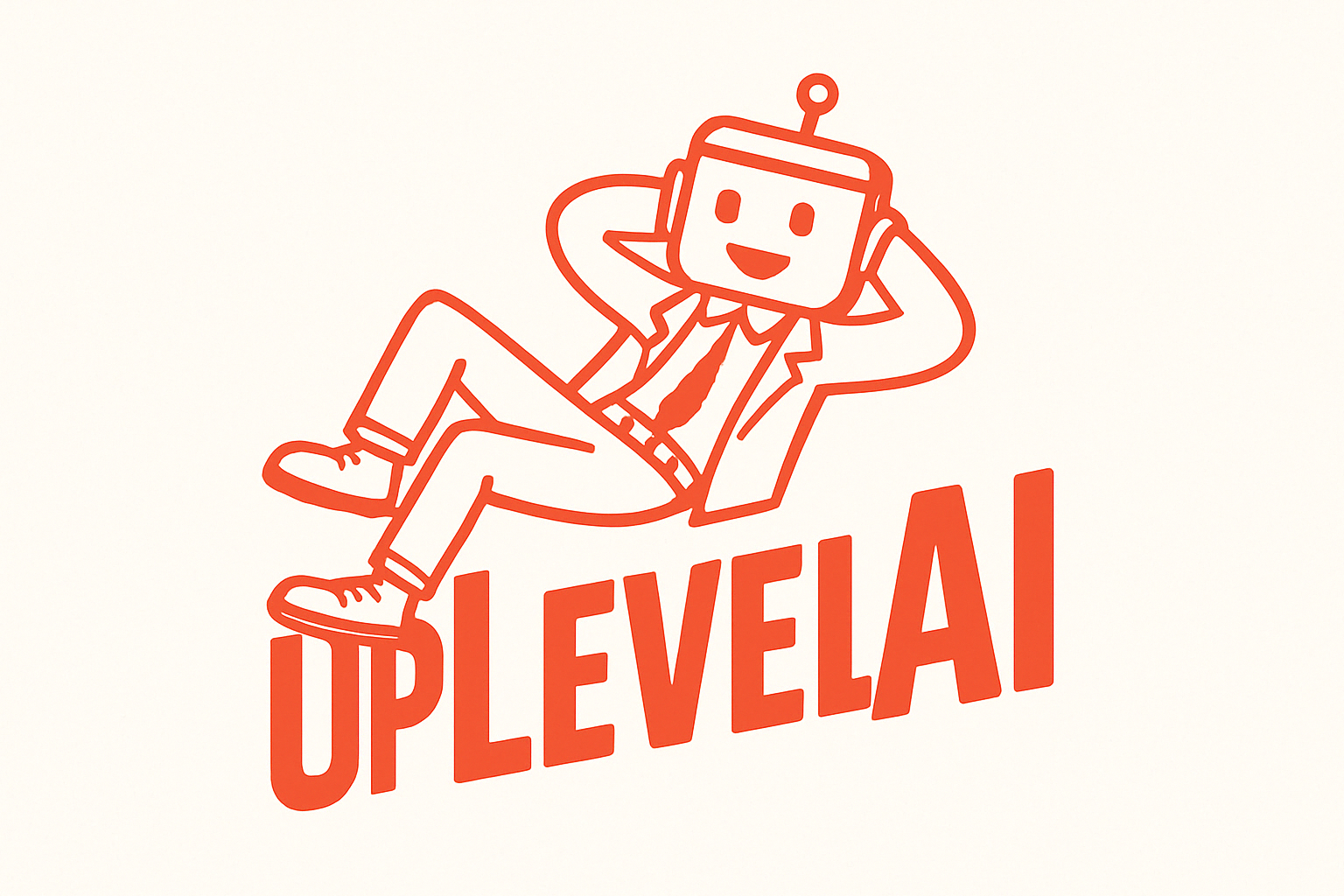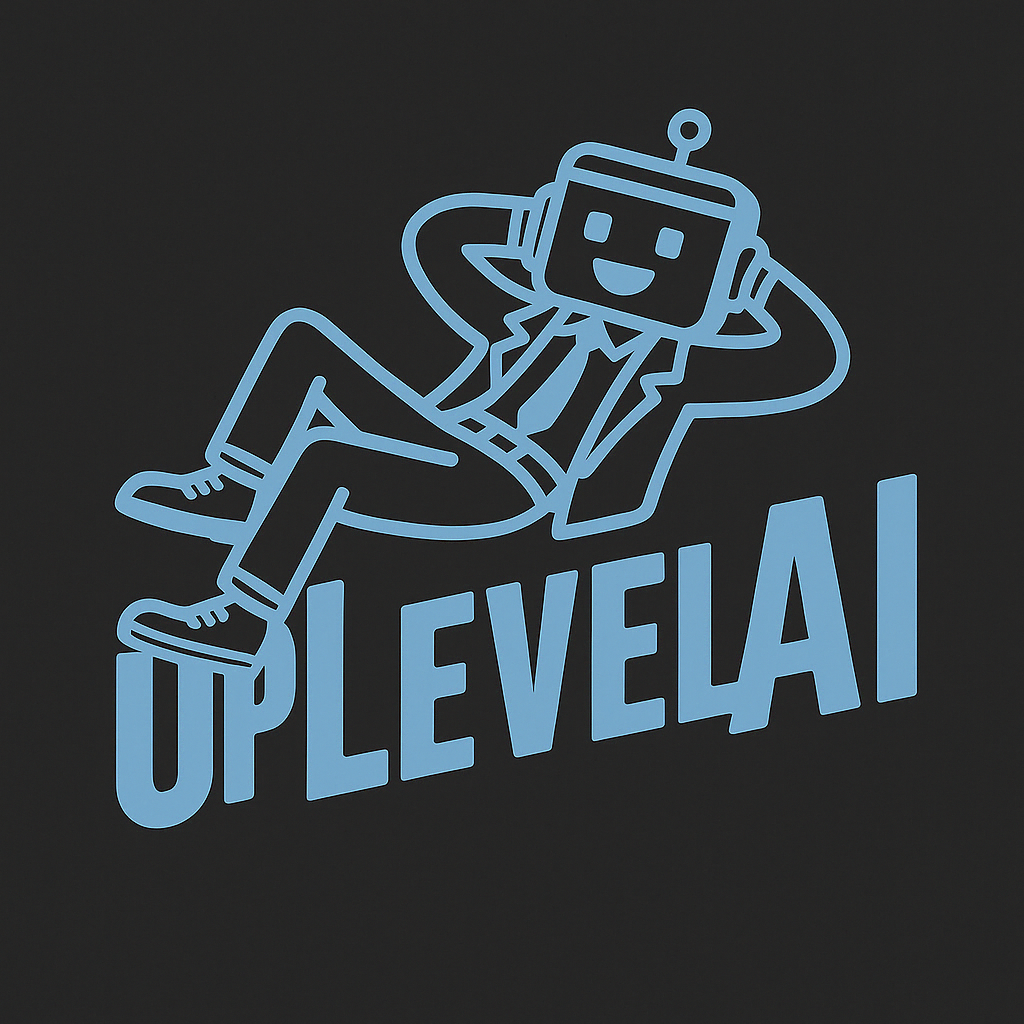AI Agents: What Are They and Why Should Your Startup Care?

With the recent hype around the launch of Manus AI (a Chinese general AI agent launched in March) and OpenAI recently launching new tools for building agents, I thought I'd do a bit of a deep dive on AI agents:
- What they are
- Why startups should care
- Risks and security concerns
In a separate post, I'll cover the latest in AI agents (as of March 2025!) and top use cases for startups.
TL;DR
AI agents are emerging as an important lever to boost productivity, cut costs and drive value generation, but not without risks. Businesses implementing AI agents strategically, at pace, with clear ROI use cases will benefit most.
Why They Matter:
- Automate repetitive tasks, improve decision-making, save time and deliver customer value without increasing overheads
- Startups like OptimHire and 11x are already seeing big wins
Key Risks & Solutions:
- Data leaks/security → Use tools like Semgrep, GitGuardian, and Pentera
- Messy data or unclear rules → Organise your data and set clear usage guidelines
- Costly mistakes or bad outputs → Train employees on secure AI use and prompt risks
- Cultural resistance → Foster a culture of adaptability and innovation
What Exactly Are AI Agents?
An AI agent is a dynamic piece of software powered by advanced AI technology that can autonomously perform tasks, make decisions, and continuously learn and improve on its own through self-learning. Put simply, its like having a hyper-intelligent, digital VA in your pocket: you give it a clear goal (e.g. manage my inbox, reply to customer emails, continuously monitor competitor pricing etc.), and it independently figures out the best way to achieve that goal, and does it for you in the background.
This autonomy allows it to handle complex or repetitive tasks, freeing up time and resources, which makes it particularly interesting for early-stage startup teams who need efficiency and focus.

Whilst still emerging, many larger companies, such as Salesforce, ServiceNow and Microsoft have their own custom AI agents that they believe will help their customers become even more hands off with tasks like recruitment, lead nurturing, customer service, content generation and managing their internal tech stack.
“Think of agents as the new apps for an AI-powered world,” - Jared Spataro, Microsoft’s CMO for AI at Work
For early-stage startups, these advancements represent a major opportunity to streamline ops, save significant time and resources, deliver increasing value to customers and stay lean as they scale.
Why Startups Should Care Right Now?
Whilst many of the AI-first projects businesses have underway are in pilot mode, leaders in the space believe that the days of experimental AI are almost behind us; AI agents could play a key role in delivering AI's real-world ROI. Because whilst generative AI models are great at relatively simple tasks like summarising text, re-formatting, or as adjacent support in various functions like code generation, marketing content, note synthesis etc, they are less reliable at more sophisticated tasks.
"AI agents are not only a way to get more value for people but are going to be a paradigm shift in terms of how work gets done." - Ece Kamar, VP and Lab Director of AI Frontiers
Productivity Gains Across Industries
Many businesses across industries and stages - from manufacturing and healthcare to retail and banking - are adopting AI agents to not only streamline workflows and unlock major productivity gains, but also to add value to their customer base without the overheads.
Accenture's marketing team for instance, has reported impressive results from deploying AI agents to support campaign creation and execution in-house, achieving:
- 25-35% reduction in manual tasks
- 6% decrease in costs
- 25-55% faster speed to market
Or Deutsche Telekom's internal "ask me anything" chatbot, AskT, used by 10K+ employees to not only answer questions about internal policies, benefits, but also to perform tasks such as booking annual leave requests.
And startups in the space are delivering even more notable gains. Seed-stage startup OptimHire has cut recruitment costs by 80% and slashed hiring timelines from 2-6 months to just 12 days. Meanwhile, Series B startup 11x (who recently raised $50M) offers autonomous digital workers like "Alice" that can supercharge operations at a fraction of the usual cost.
No job function seems to be safe either. Even traditionally human-led roles are being reshaped by AI agents. In customer service, Gartner predicts AI agents are able to handle up to 80% of interactions, and in software development, Anthropic's CEO predicts that within 3-6 months, AI could be writing 90% of the code currently produced by developers. All hail "vibe coding"!
"So yes, the answer is that 2025 is going to be the year of the agent. However, that declaration is not without nuance." - Maryam Ashoori, Director of Product Management for IBM Data and AI Strategic Partnership
Security and Risks
For early-stage or scaling startups wanting to integrate AI agents into their workflows, there are important security risks to be aware of; from data breaches, malicious use, and compliance challenges. When operating in the lean and resource-constricted world of startups, getting on top of these risks early is important.
Startups can set up the following infrastructure before getting started with AI agents to help mitigate these risks:
1.Adopting AI-driven security tools such as:
- Semgrep, which can scan codebases to catch security flaws before they reach production and affect agent outputs.
- GitGuardian monitors data repositories to detect exposed sensitive information like passwords, API keys, or tokens.
- Pentera simulates real-world cyber-attacks, helping startups identify vulnerabilities before they can be exploited.
- Set clear data rules:
With scale, data can quickly become messy. Establish clear guidelines for how data is accessed, stored, and shared to keep sensitive information secure (especially as AI agents tap into internal systems). - Conduct regular security audits:
Proactive auditing can identify vulnerabilities introduced during product updates, integrations, or feature rollouts. Also, regular reviews of AI agent behavior can help identify and fix vulnerabilities early. - Provide employee training:
Educate employees on secure AI agent use, focusing on prompt risks and data handling. Risky prompts*, like vague instructions or requests for sensitive data, can cause AI agents to expose confidential information or produce harmful outputs. Train employees to write clear, specific prompts and set guidelines on what data should never be included in prompts.
Whilst still emerging, it's clear that AI agents aren’t just hype, they’re becoming powerful tools for startups that want to move faster, stay lean and deliver more value. But while the potential is huge, so are the risks if you dive in without the right foundations.
For startups and scale-ups, it's worth moving at pace whilst being smart about adoption: using the right tools, putting strong data guardrails in place, and giving your team the know-how to work with AI agents safely and effectively.
AI agents are shifting from experimental tech to real business advantage, and those who move early, with a clear strategy aligned to business goals, will likely see the biggest wins.
The real question isn’t whether to adopt AI agents; it’s how quickly and intentionally you can make them work for you.
In my next post, I’ll break down the latest in AI agents (as of March 2025), plus actionable use cases that can help you get started.
Enjoyed this post? Feel free to message me with your thoughts here!

